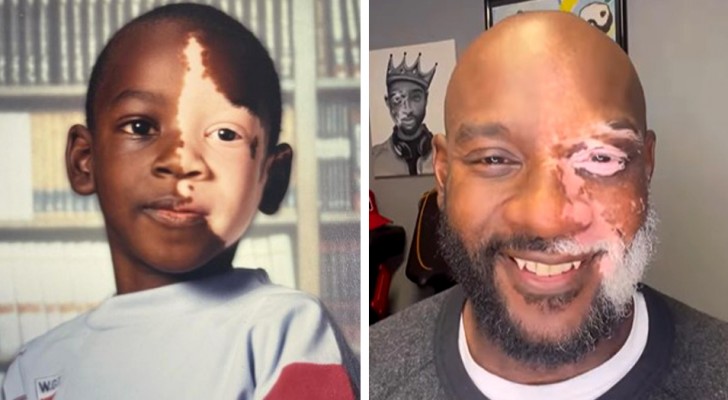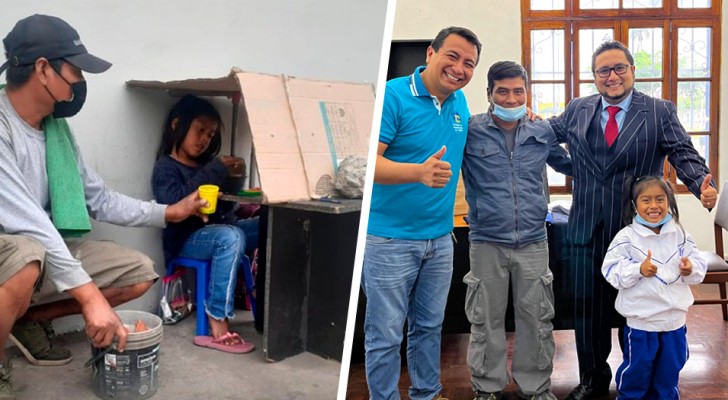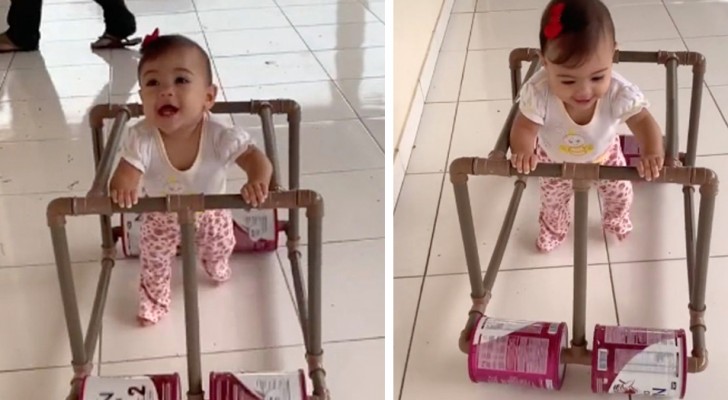These dolls wearing scarves and beanies help children with cancer to find their smile again

It is difficult to imagine what a child with cancer feels and experiences.
Such a challenging situation is really something that deeply marks both the children who would like to live a tranquil and carefree life, as well as the lives of their families.
For this reason, there are many individuals and entities that day after day commit themselves with every possible means to supporting research against pathologies that, unfortunately, sometimes seem to have no effective treatment and no cure.
The advances that science can make in treating these life-threatening diseases are fundamental and represent the only potent weapon we have to fight them.
Among the various support initiatives, it is worth mentioning that of the Spanish foundation Juegaterapia.
This is an organization that, among other projects, has decided to offer the sale of dolls that are very special, and the funds obtained are being donated to projects that help pediatric cancer patients and their families.
They are called Baby Pelones and, within a short time, they have achieved great success. These delightful dolls, in fact, have a peculiarity that sets them apart.
Namely, that just like the little patients who undergo cancer treatment, these dolls do not have any hair. Instead, the dolls all wear colorful headscarves or beanies on their heads.
These are, therefore, very special toys, that with their unusual appearance, aim to raise awareness and make everyone understand the problems that children with cancer must face.
In addition, it must be said that the creators of Baby Pelones have certainly succeeded in raising pediatric cancer awareness. In fact, so far, they have sold more than one million dolls, and positive testimonials have also not been lacking.
Public figures from the world of music, entertainment, and not only, have "sponsored" this important initiative, and their support has allowed the Juegaterapia organization to launch and implement various assistance projects for many children admitted to hospitals in Spain, Italy, Mexico, Portugal, Argentina, Colombia, Brazil, and Florida (USA).
Supporting this project and buying one of these dolls, means helping to create gardens, playgrounds, and spaces dedicated to fun and entertainment for children.
These are all different ways to make the daily life of hundreds of young hospitalized patients a little less difficult to deal with. There is no denying that this is a truly commendable initiative with a noble purpose, which should be implemented everywhere.





